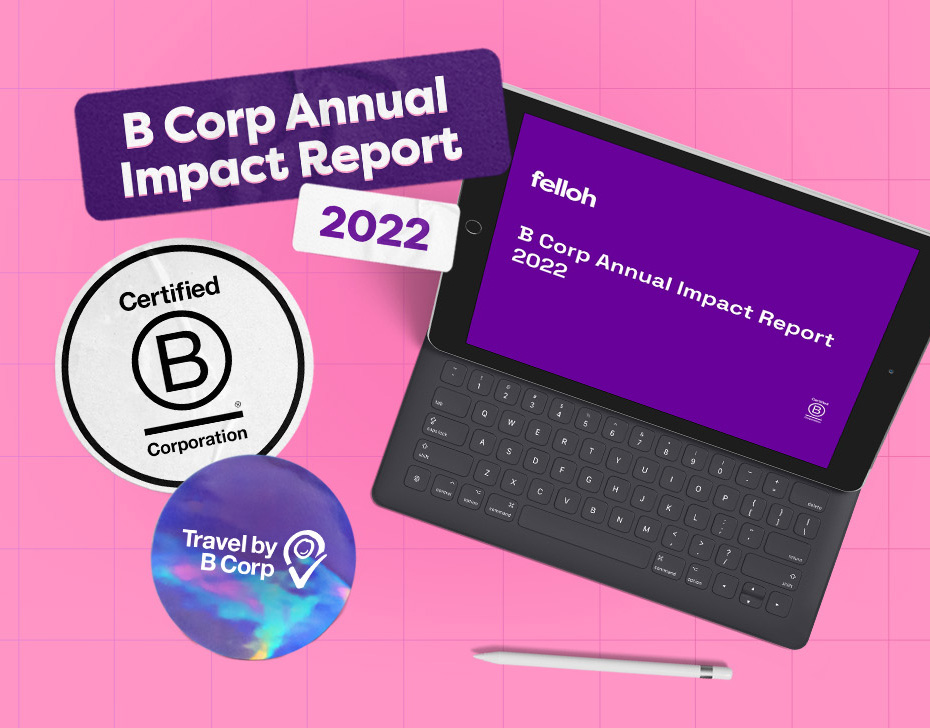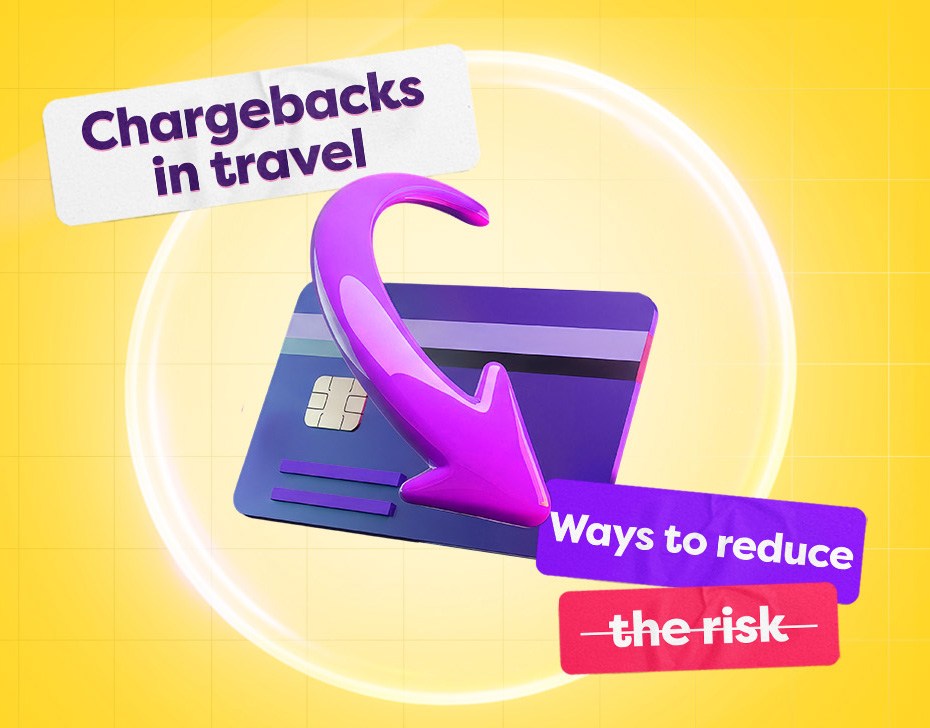If you're a UK travel merchant using the Barclays ePDQ platform to process online or phone payments, you have likely received a notice confirming that this service is being retired by 31st March 2026.
This guide is designed to help you understand what this change means. While mandatory changes can be a hassle, this is the perfect opportunity to upgrade your payment processes, enhance security, and reduce your risk.
Step 1: Understand What Barclays ePDQ Is and What's Changing
The service being retired is ePDQ, the technology platform that powers your "card-not-present" transactions. You will recognise its functions:
- Online Payment Gateway: The engine for your website bookings, which you might know as Barclaycard ePDQ, Smartpay Checkout, or FlexCheckout.
- Virtual Terminal for MOTO Payments: The secure webpage, often called the 'e-Terminal', that your staff use to manually key in a customer's card details for payments made over the phone (Mail Order / Telephone Order).
- Integrated Systems & Features: The retirement also affects advanced features like DirectLink (for API integrations) and the Alias Manager (for storing card details).
The key takeaway is that the platform you use for taking payments online and over the phone will no longer be available after the deadline.
How to Identify Your Online Setup
Your ePDQ setup for your website is likely one of two types:
- A Hosted Payment Page (e.g., ePDQ Essential): Your customers are redirected away from your site to a Barclays-branded page to pay.
- An Integrated API (e.g., ePDQ Extra Plus, DirectLink): The payment form is built directly into your own checkout page.
Step 2: What This Means for Your Business
Because the ePDQ platform is being retired, you must find a new provider for your online and phone payments before the 31st March 2026 deadline.
If you don't act, after this date your business will no longer be able to accept card payments through your website or over the phone. This would severely impact your ability to take new bookings.
This forced change is a chance to move to a modern payment provider that can offer a better customer experience and more efficient and secure back-office processes.
Step 3: What to Do Now – A Payments 'Health Check'
Before researching new providers, take stock of your current processes.
- Find the Official Notice: Locate the email or letter from Barclays. It will confirm the ePDQ services being retired for your specific account.
- Map Your ePDQ Usage:
- Online: How do your website bookings work? What percentage of your revenue comes from online bookings?
- Over the Phone (MOTO): How reliant are you on the 'e-Terminal'? How many staff use it daily?
- Identify Opportunities for Improvement:
- Security & Risk: Taking card details over the phone (MOTO) is inherently risky. It exposes your staff to sensitive data and leaves you, the merchant, liable for fraudulent chargebacks. Could you adopt a more secure method?
- Reconciliation: How much time is spent manually matching payments to bookings?
- The Bigger Picture: Could you benefit from a single provider for all your payments (online, phone, and even in-person) to simplify reporting?
Step 4: Find Your Next Payment Partner
Your immediate goal is to replace your ePDQ online gateway and virtual terminal. Look for a provider who can improve on what you already have.
Key things to look for in a new provider:
- Upgrade Phone Payments to Secure Payment Links: This is your biggest opportunity. Instead of staff taking card details over the phone, a modern provider can allow you to generate a unique, secure Payment Link that you can email to the customer.
- How it works: The customer clicks the link and enters their details on a secure page themselves.
- The Benefits:
- Reduced Fraud Liability: Because the customer authenticates the payment themselves (using 3D Secure), the liability for fraudulent chargebacks typically shifts from you to the customer's bank.
- Enhanced Security: Your staff never see, hear, or handle sensitive card details, dramatically reducing your PCI compliance burden.
- A Seamless Online Experience: Look for a provider that offers a smooth, reliable, and integrated online checkout to maximise conversions. Support for methods like Apple Pay and Google Pay is a significant plus.
- Travel Industry Expertise: Do they understand the specific needs of travel, such as handling deferred payments, split payments, or complex refunds?
- Proven Integrations: They must be able to connect with your existing booking engine and accounting software to avoid creating manual work for your team.
Don't Wait – Start Planning Now
Although the 2026 deadline seems far away, selecting, integrating, and testing a new payment gateway takes time. By starting the process now, you can ensure a smooth transition and use this opportunity to upgrade the security and efficiency of your business.
If you currently are using Barclay's ePDQ, get in touch and see how we can help you with the migration planning. You can book in a review session with a member of the team here.









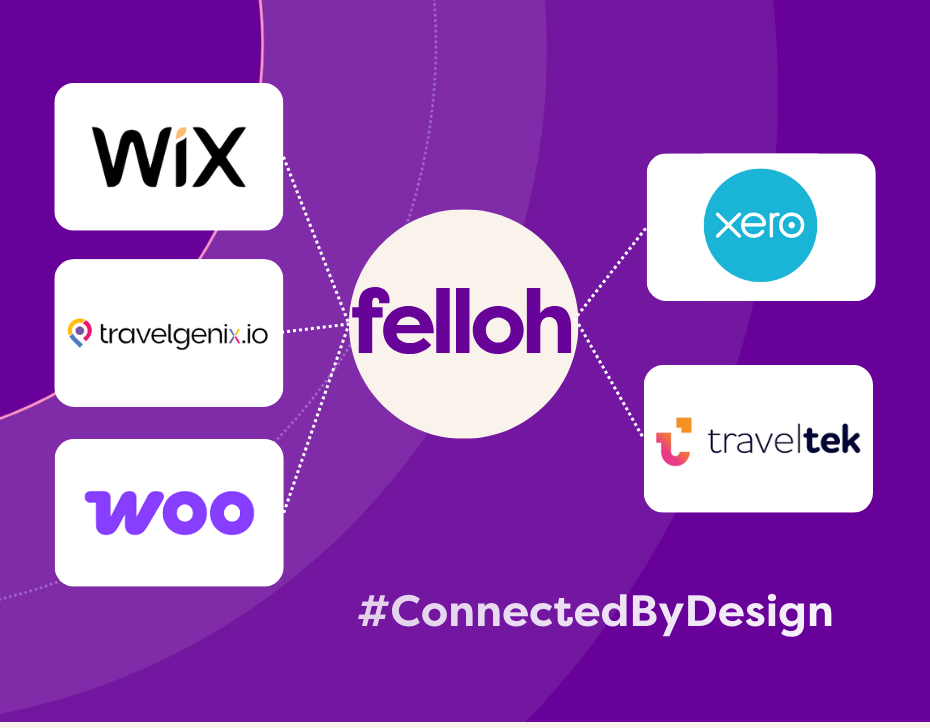





.png)

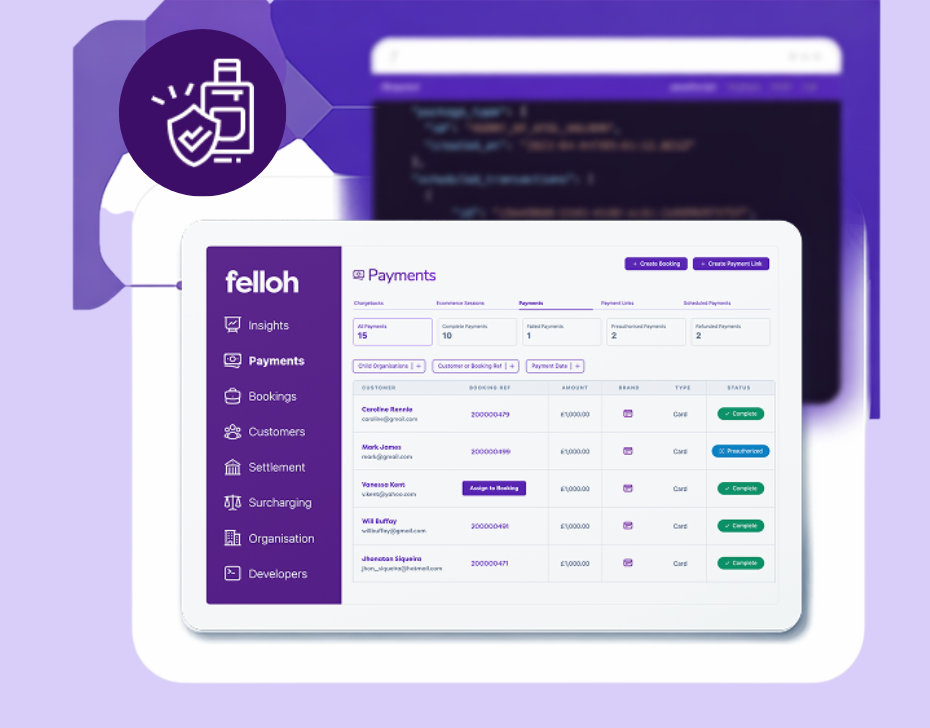
.svg)
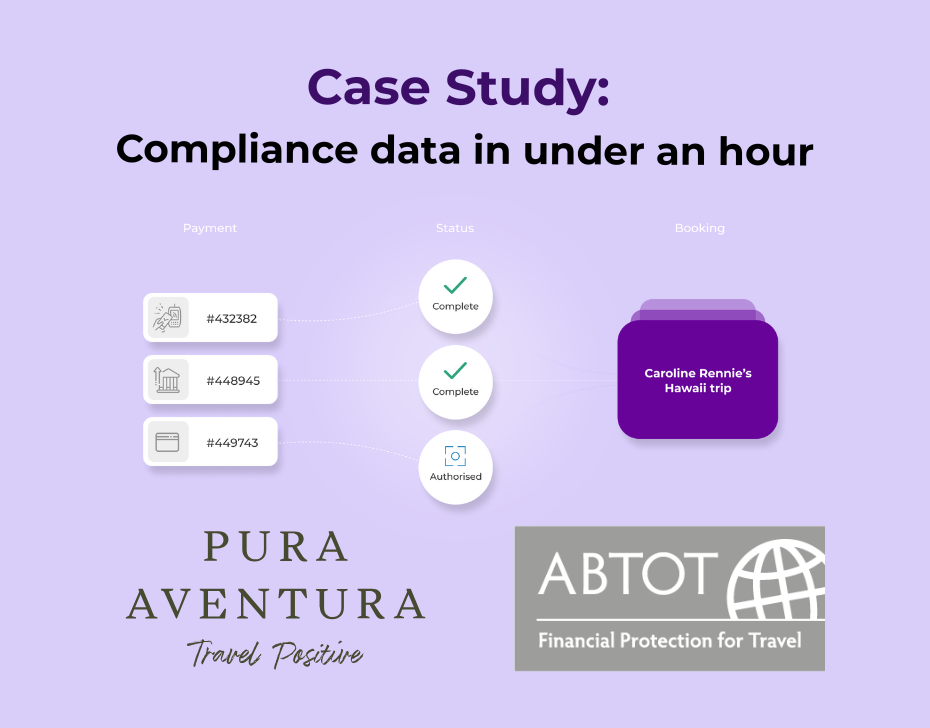
.svg)


.svg)

.png)
.svg)


.avif)


.png)


.png)

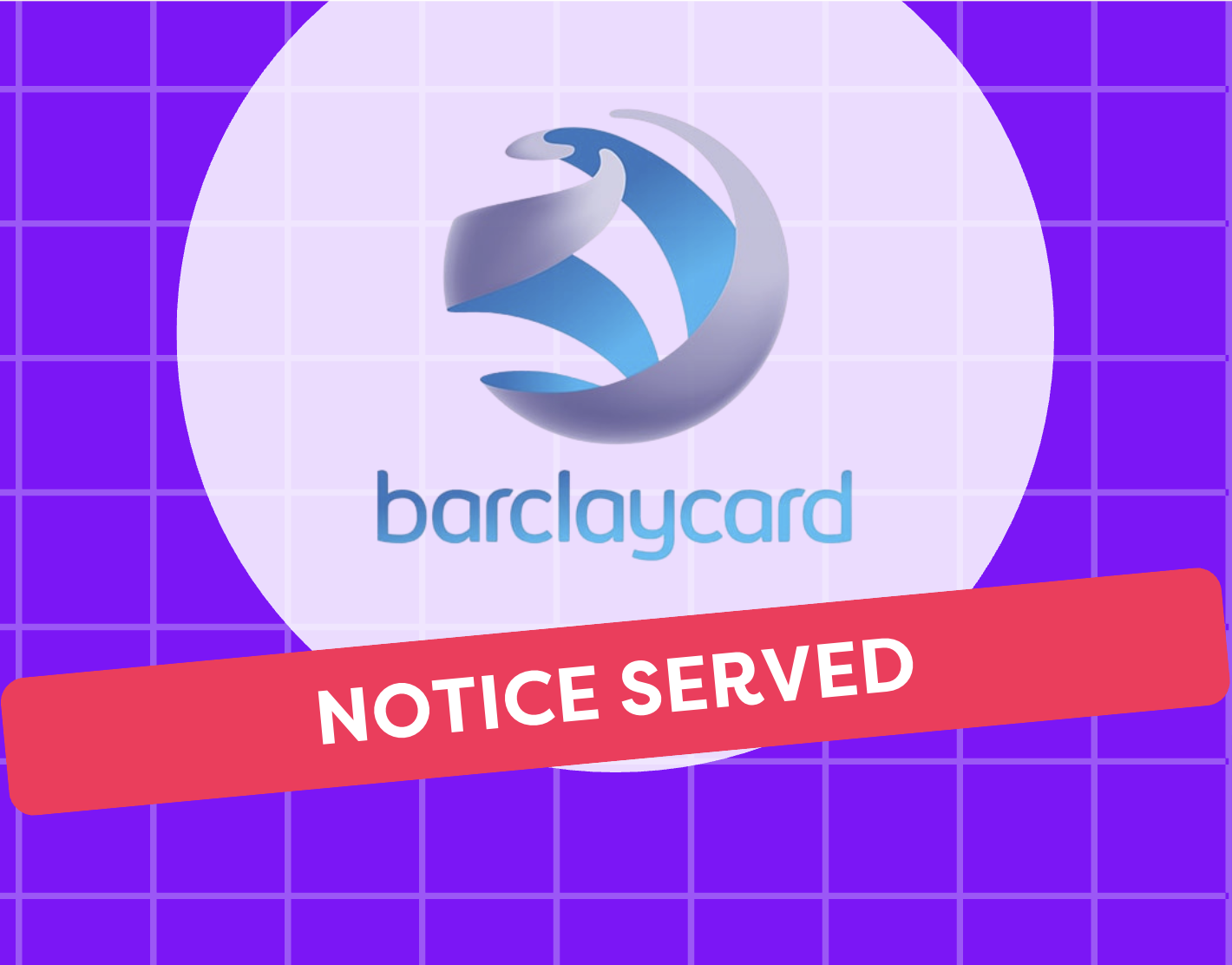
.png)

